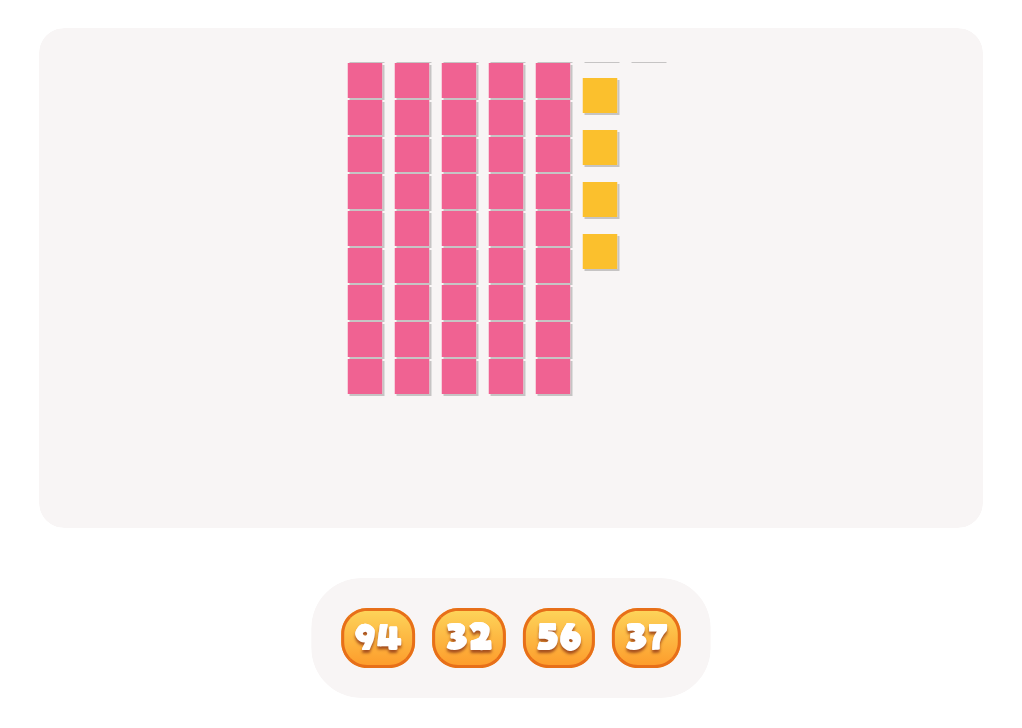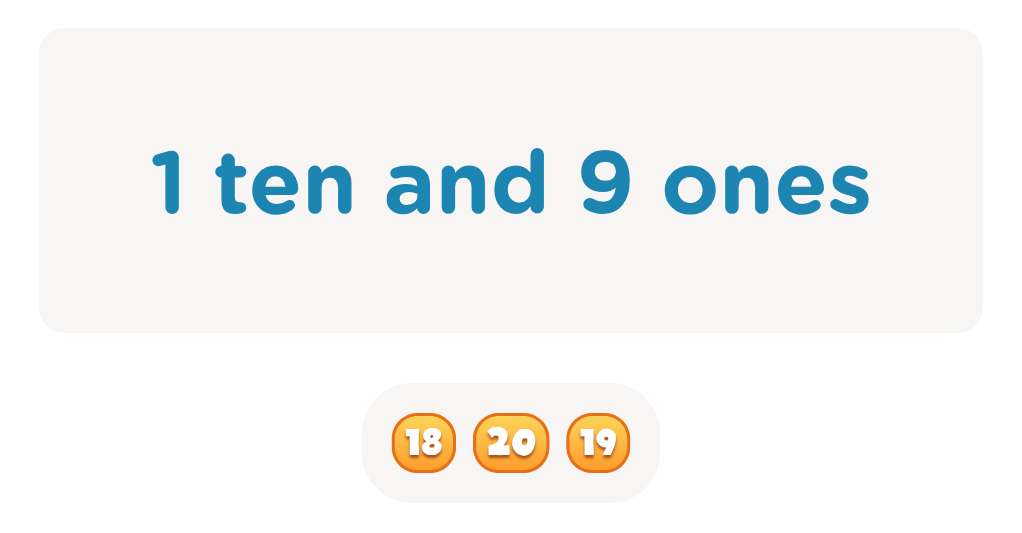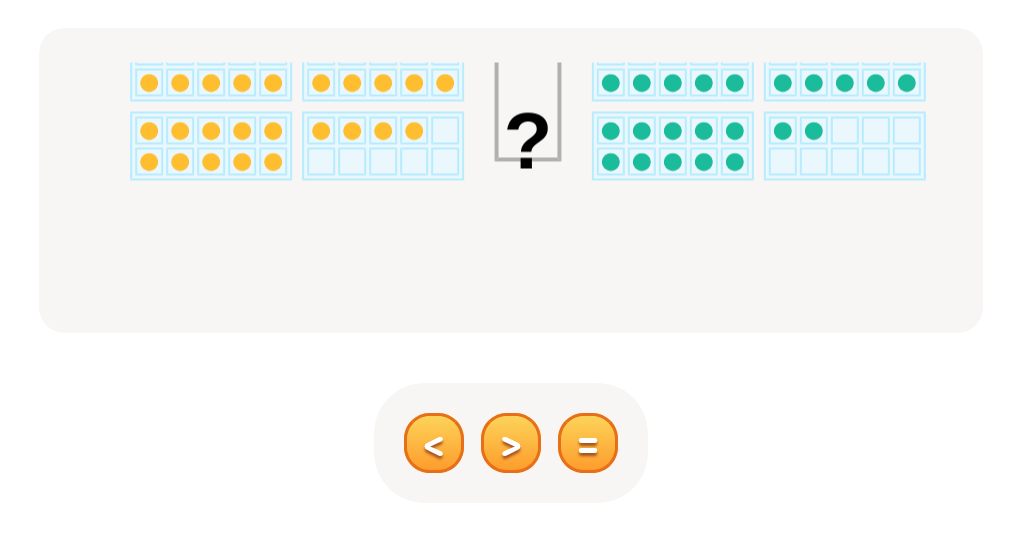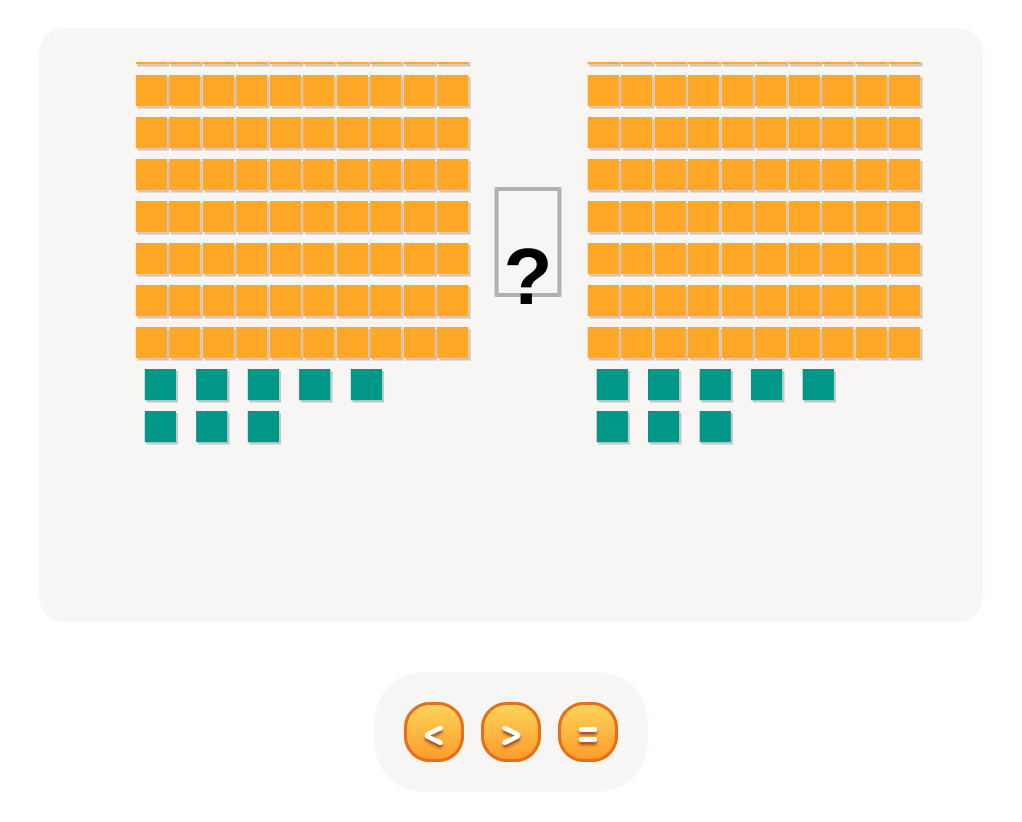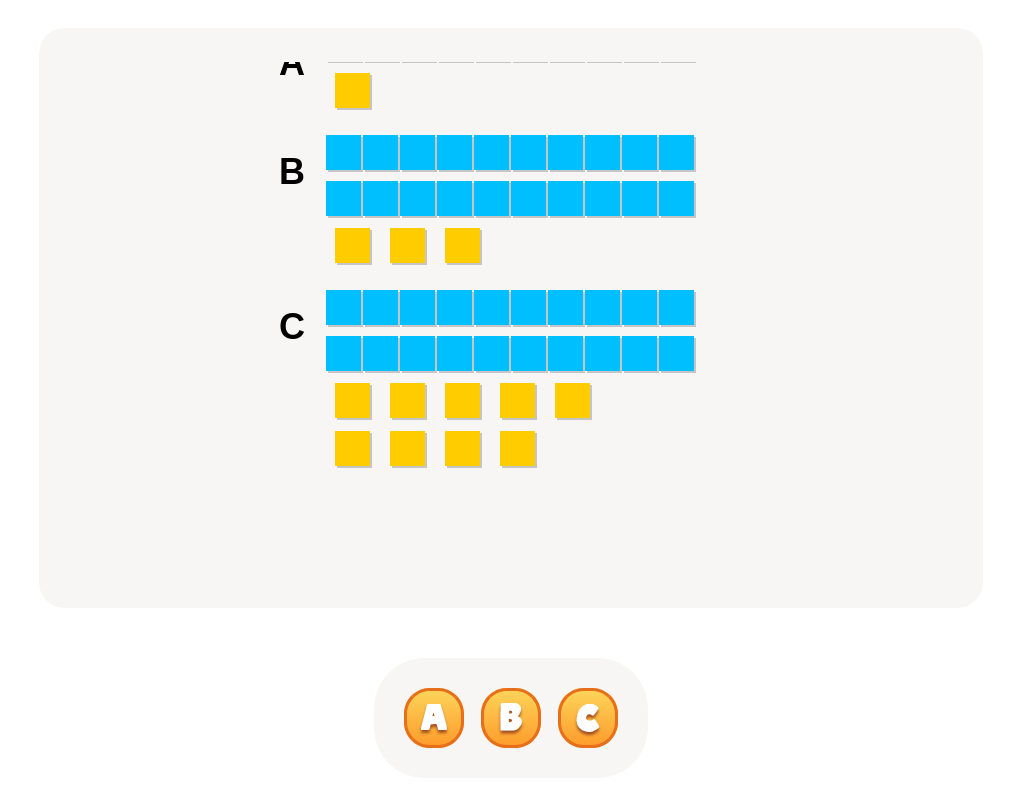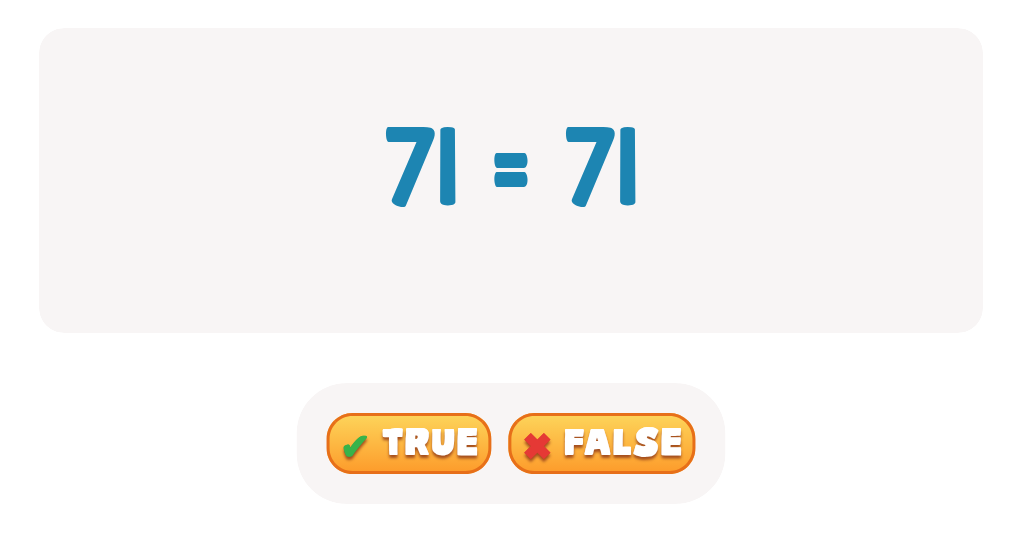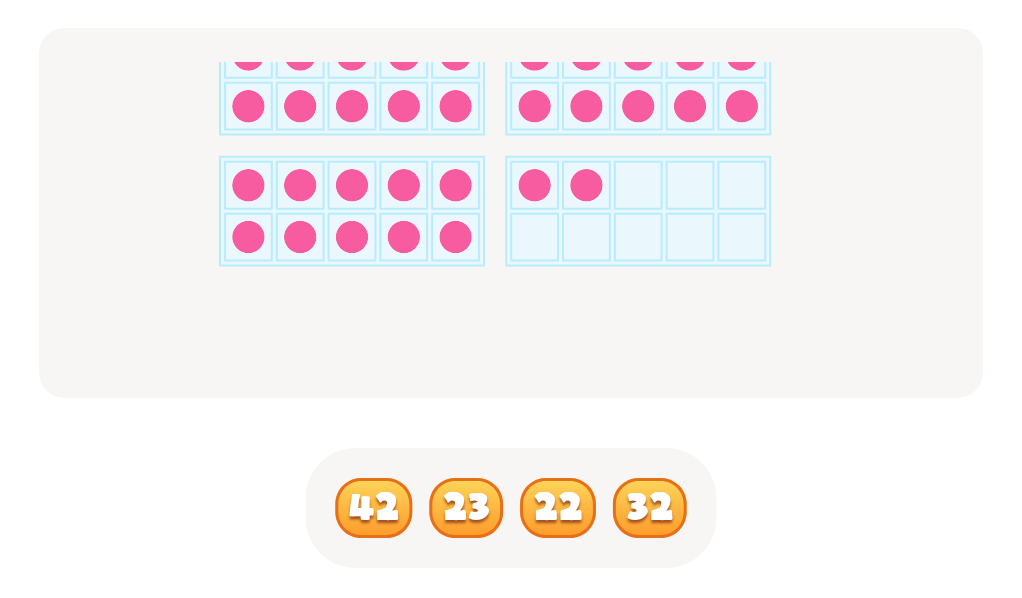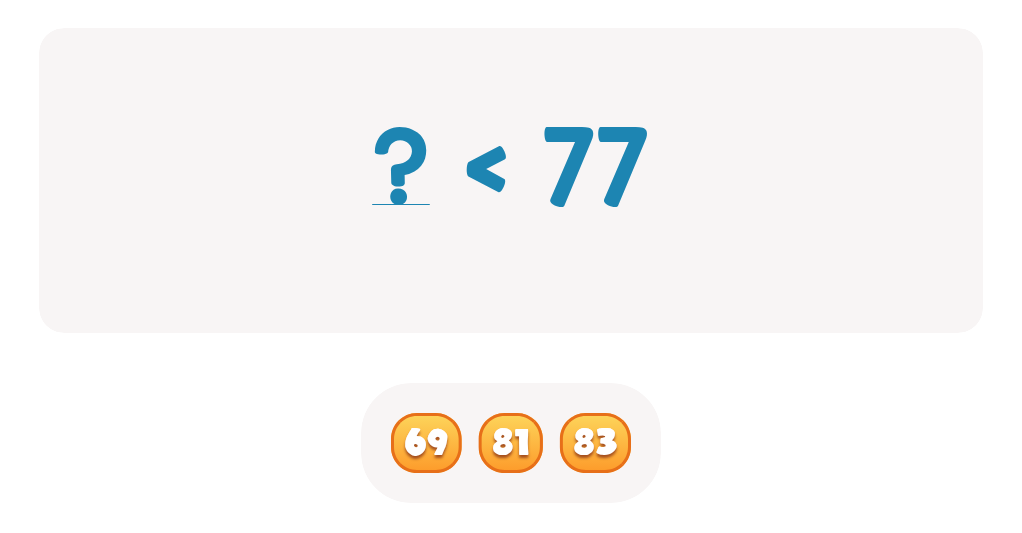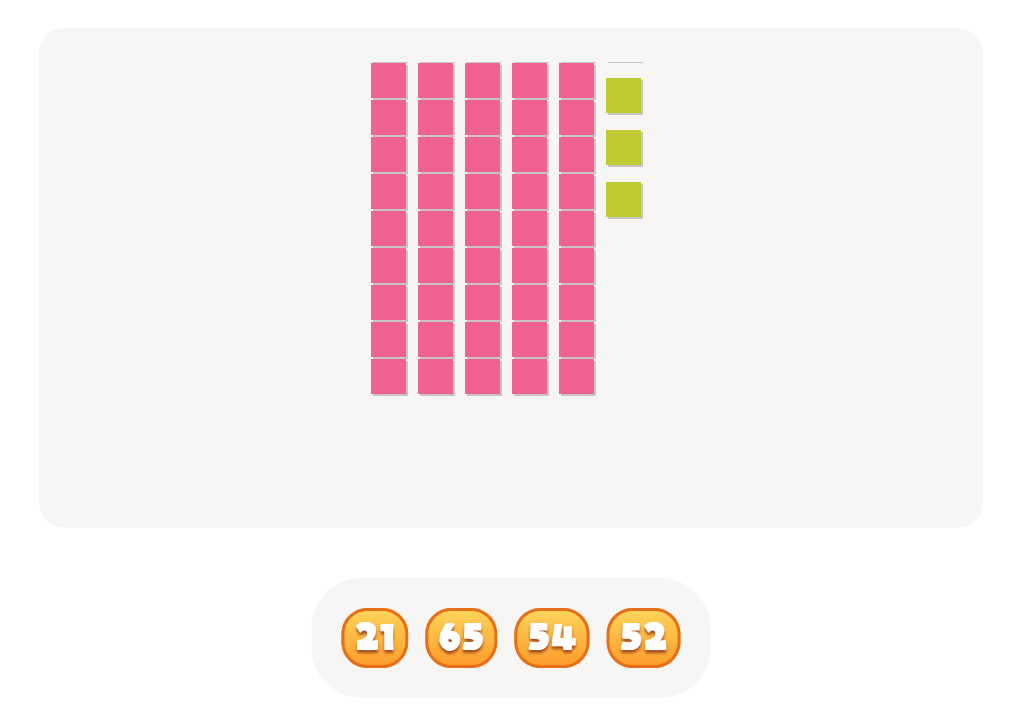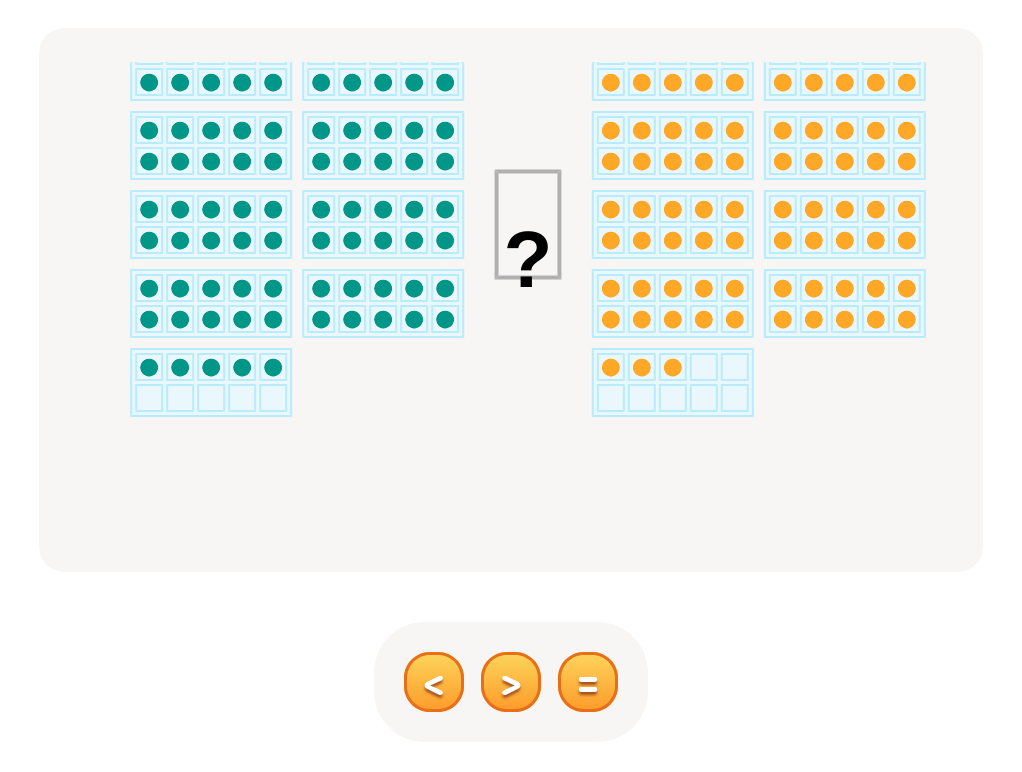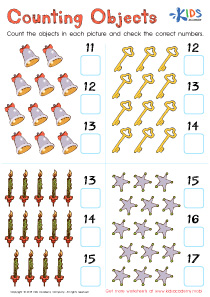Addition skills Normal Place Value Worksheets for Ages 6-8
5 filtered results
-
From - To
Enhance your child's math understanding with our "Addition Skills Normal Place Value Worksheets" designed specifically for ages 6-8. These engaging, printable worksheets help young learners master basic addition through the lens of place value, providing a solid foundation for future math concepts. Featuring colorful images and age-appropriate challenges, these worksheets promote critical thinking while making learning fun! Ideal for home or classroom use, our resources empower children to recognize the value of each digit, reinforce addition strategies, and boost confidence in their math abilities. Download today to support your child's math journey and make learning enjoyable!
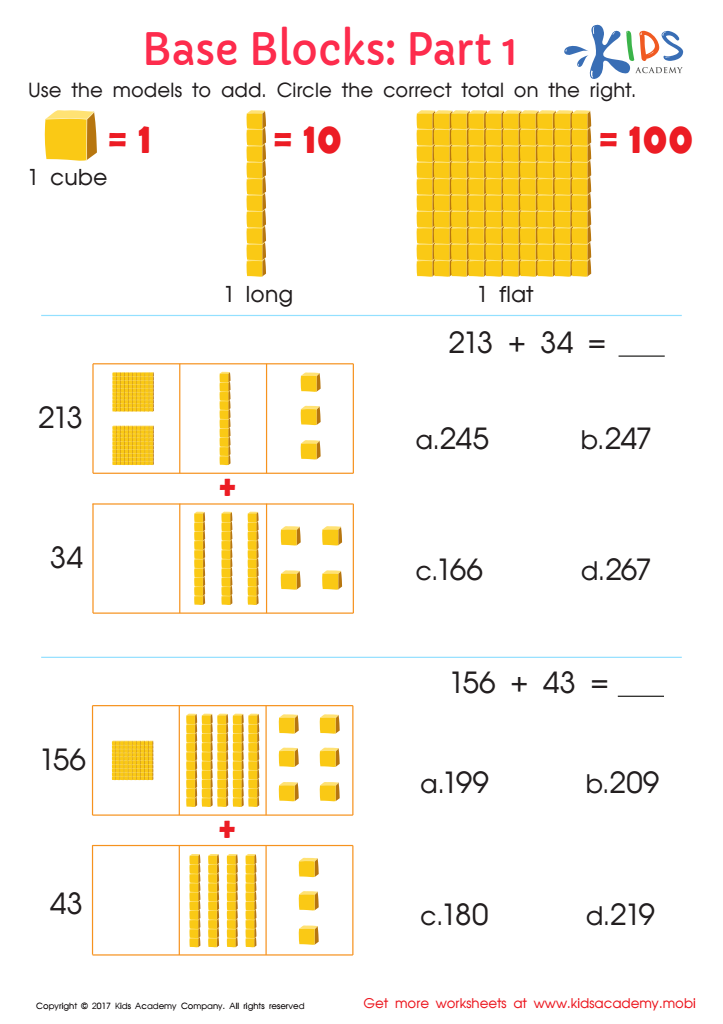

Base Ten Blocks Worksheet: Part 1
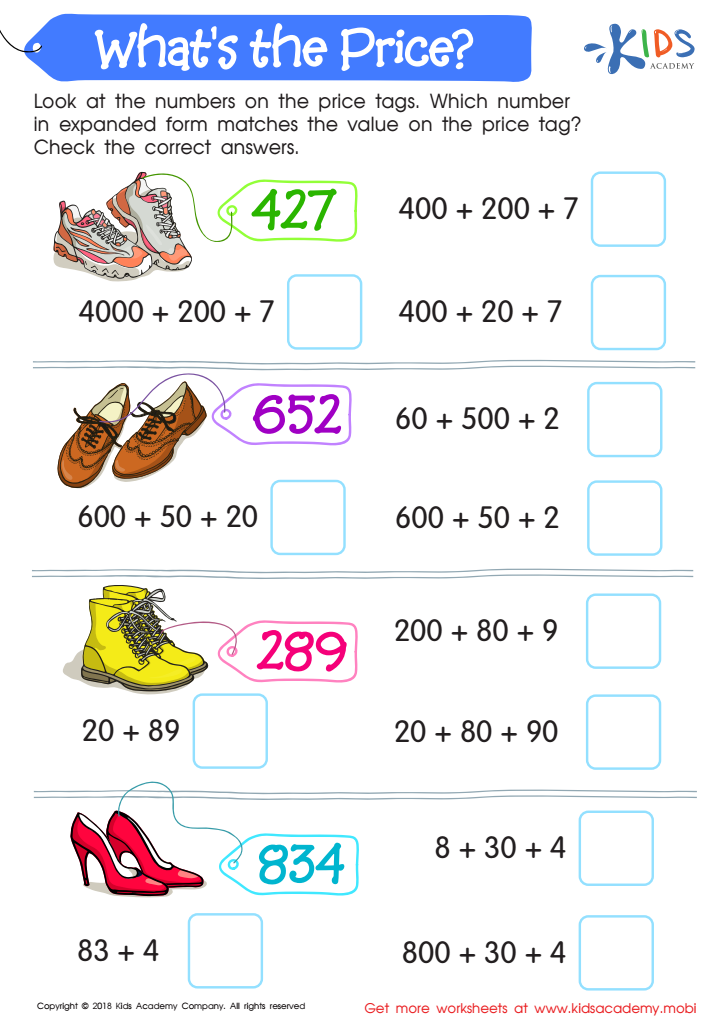

What's the Price? Worksheet
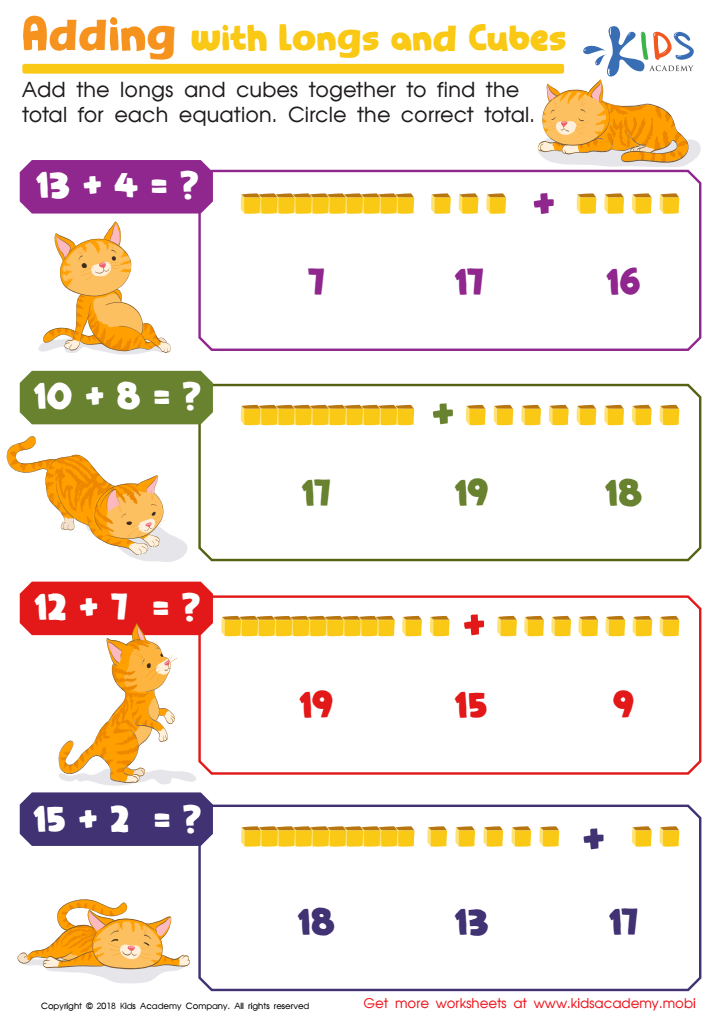

Adding With Longs and Cubes Worksheet
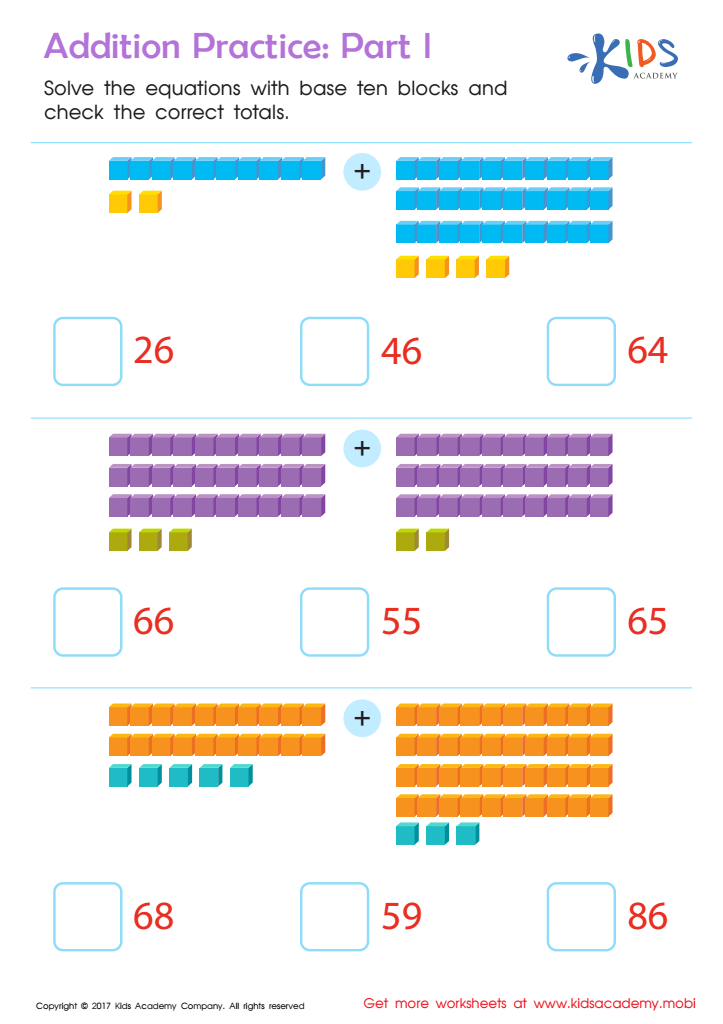

Addition Practice Sheet: Part 1
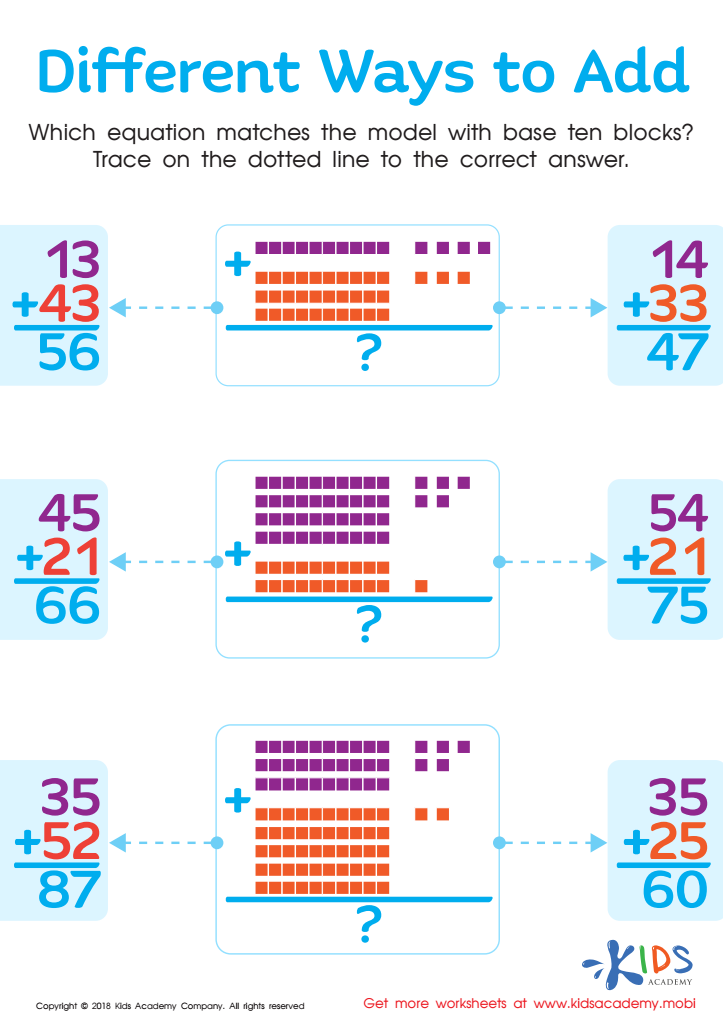

Different Ways to Add Worksheet
Addition skills and understanding normal place value are foundational aspects of early math education for children ages 6-8. Parents and teachers should prioritize these skills because they serve as stepping stones for more advanced mathematical concepts later on.
Firstly, mastering addition helps children develop their cognitive abilities. It encourages logical thinking, enhances problem-solving skills, and promotes number sense, which is crucial for all future math learning. A strong grasp of addition ensures that children can perform calculations with confidence, reducing math anxiety and fostering a positive attitude toward the subject.
Normal place value is equally important, as it introduces children to the concept of how numbers are structured. Understanding that the position of a digit affects its value allows children to grasp larger numbers and prepares them for operations involving multi-digit arithmetic. This understanding is vital when moving on to topics such as subtraction, multiplication, and division, which build on these foundational skills.
Overall, by caring about and actively teaching addition skills and place value, parents and teachers lay the groundwork for children’s mathematical literacy. This early intervention contributes to a child’s academic success and prepares them for more complex mathematics in the future.
 Assign to My Students
Assign to My Students
